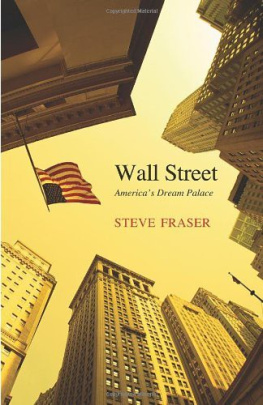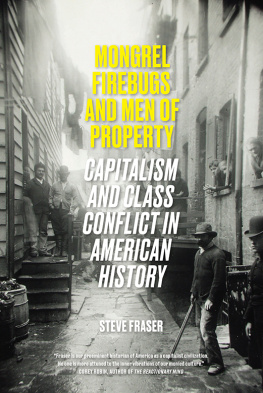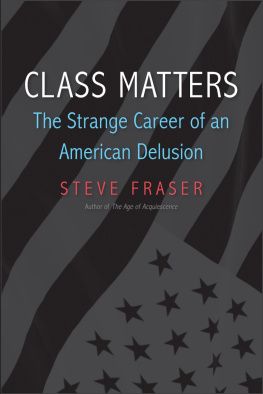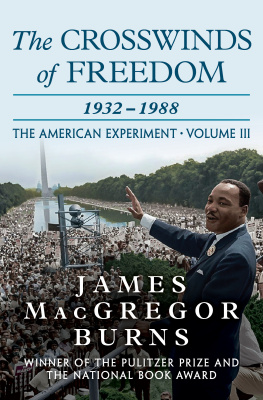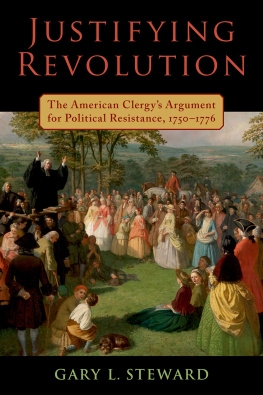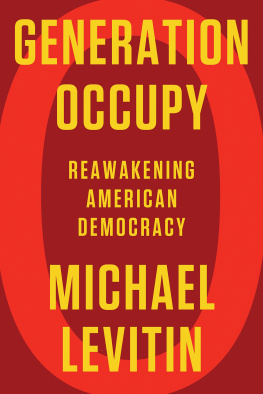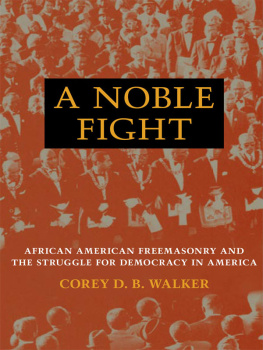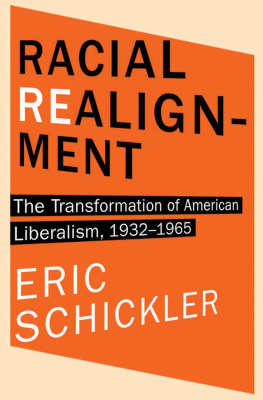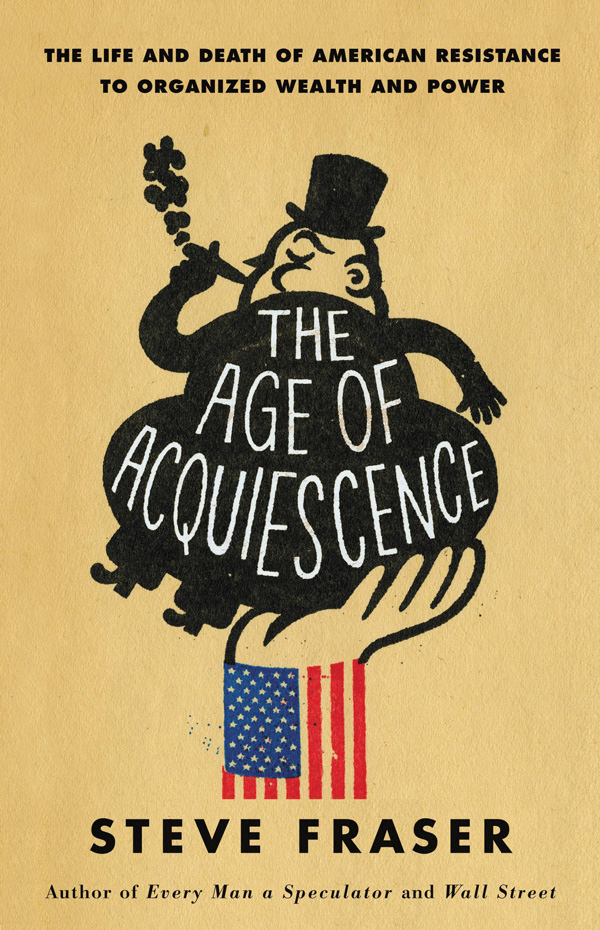Steve Fraser - The Age of Acquiescence: The Life and Death of American Resistance to Organized Wealth and Power
Here you can read online Steve Fraser - The Age of Acquiescence: The Life and Death of American Resistance to Organized Wealth and Power full text of the book (entire story) in english for free. Download pdf and epub, get meaning, cover and reviews about this ebook. year: 2015, publisher: Little, Brown and Company, genre: Politics. Description of the work, (preface) as well as reviews are available. Best literature library LitArk.com created for fans of good reading and offers a wide selection of genres:
Romance novel
Science fiction
Adventure
Detective
Science
History
Home and family
Prose
Art
Politics
Computer
Non-fiction
Religion
Business
Children
Humor
Choose a favorite category and find really read worthwhile books. Enjoy immersion in the world of imagination, feel the emotions of the characters or learn something new for yourself, make an fascinating discovery.

- Book:The Age of Acquiescence: The Life and Death of American Resistance to Organized Wealth and Power
- Author:
- Publisher:Little, Brown and Company
- Genre:
- Year:2015
- Rating:4 / 5
- Favourites:Add to favourites
- Your mark:
The Age of Acquiescence: The Life and Death of American Resistance to Organized Wealth and Power: summary, description and annotation
We offer to read an annotation, description, summary or preface (depends on what the author of the book "The Age of Acquiescence: The Life and Death of American Resistance to Organized Wealth and Power" wrote himself). If you haven't found the necessary information about the book — write in the comments, we will try to find it.
From the American Revolution through the Civil Rights movement, Americans have long mobilized against political, social, and economic privilege. Hierarchies based on inheritance, wealth, and political preferment were treated as obnoxious and a threat to democracy. Mass movements envisioned a new world supplanting dog-eat-dog capitalism. But over the last half-century that political will and cultural imagination have vanished. Why?
THE AGE OF ACQUIESCENCE seeks to solve that mystery. Steve Frasers account of national transformation brilliantly examines the rise of American capitalism, the visionary attempts to protect the democratic commonwealth, and the great surrender to todays delusional fables of freedom and the politics of fear. Effervescent and razorsharp, THE AGE OF ACQUIESCENCE will be one of the most provocative and talked-about books of the year.
Steve Fraser: author's other books
Who wrote The Age of Acquiescence: The Life and Death of American Resistance to Organized Wealth and Power? Find out the surname, the name of the author of the book and a list of all author's works by series.

